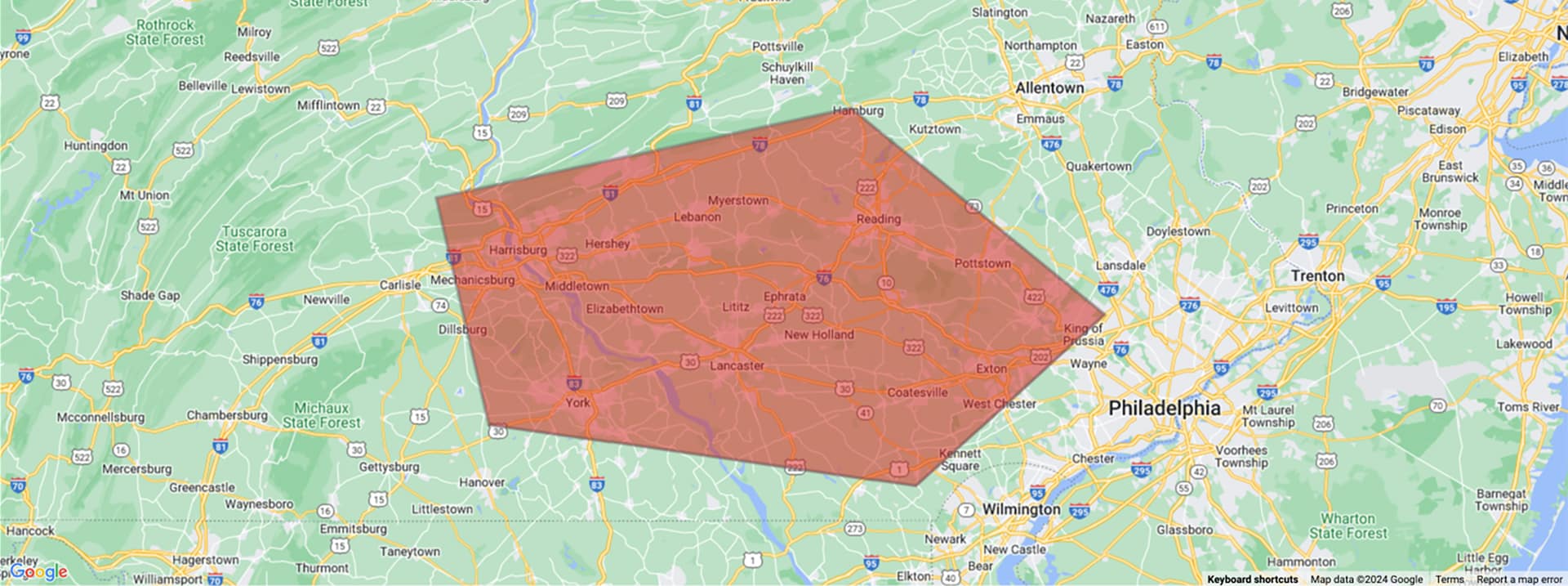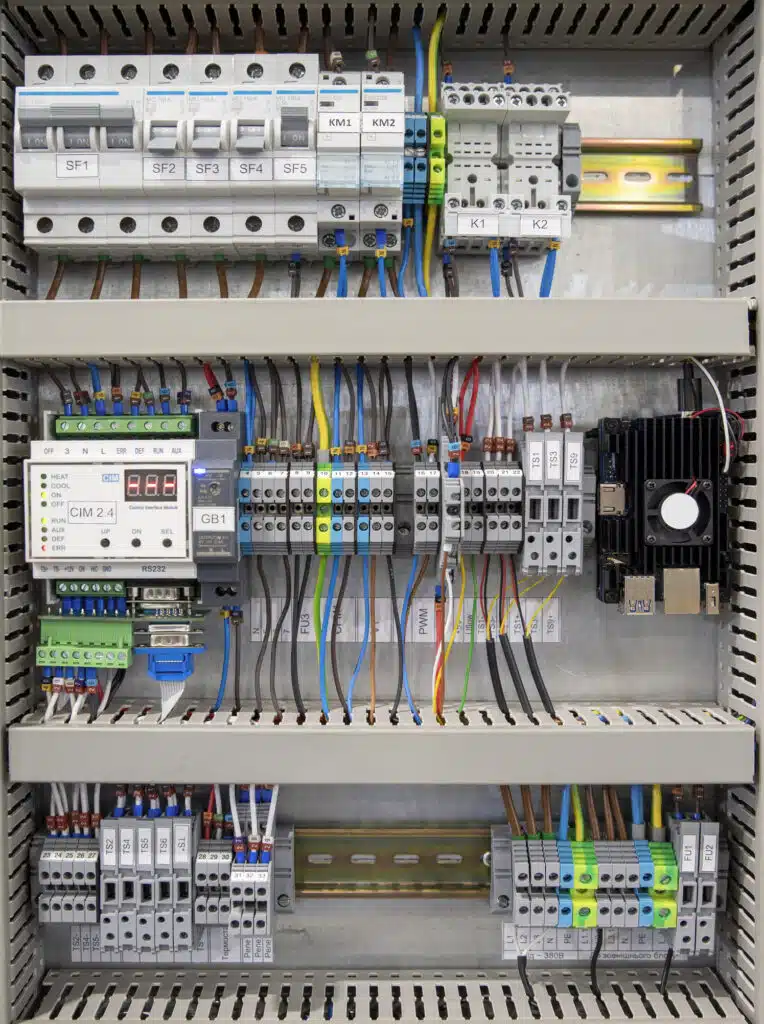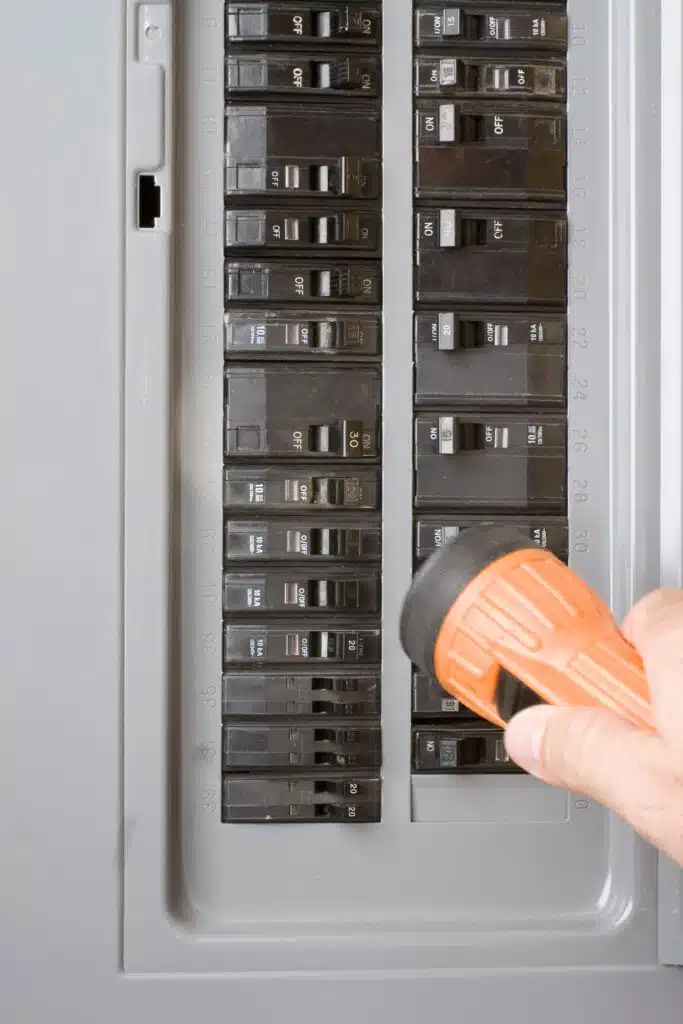Do you know how to keep the lights on when winter hits Lancaster? Power outages are no joke, especially during freezing temperatures. Whether you live in Lancaster, York, or Harrisburg, PA, winter storms, equipment failures, and increased energy demand can lead to unexpected power outages.
But the good news? With a little preparation, you can protect your home from power outages and keep everything running smoothly, no matter what the weather throws your way. In this guide, we’ll walk you through everything you need to know about preventing power outages and staying powered up all winter long.
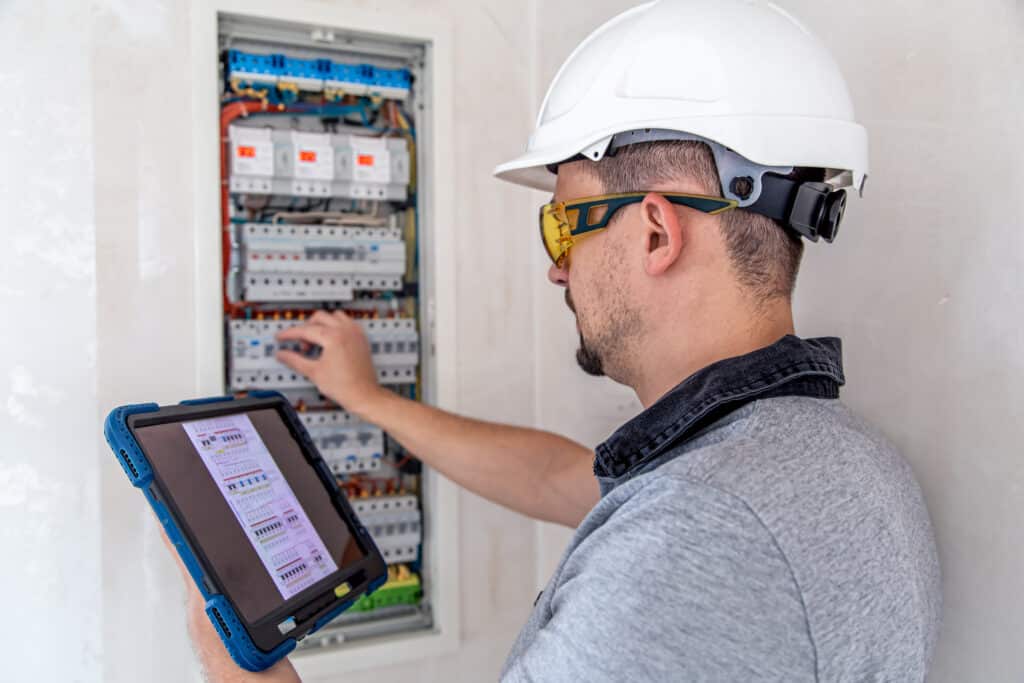
How to Prepare Your Home Before Winter Starts
Nobody enjoys the stress of power outages, especially in the middle of winter. Preparing your home ahead of time ensures you’re ready for anything the season throws at you. Here are a few ways to make sure your home stays safe and comfortable if the power goes out.
Schedule Electrical Inspections
Hiring a professional to inspect your home’s electrical system is a smart first step before winter begins. They can check for any issues like faulty wiring or overloaded circuits that might cause problems when temperatures drop.
This inspection makes sure your system can handle the extra load from heaters and other appliances. It’s especially important if your home relies heavily on electric heating or portable heaters during the colder months. Catching these problems early helps avoid bigger issues when freezing weather arrives.
Invest in Surge Protectors
Winter storms often cause power surges when electricity is restored after an outage. A surge can damage valuable appliances like TVs, computers, or refrigerators.
Using surge protectors around the house protects your devices from unexpected jolts of electricity. For added protection, consider asking an electrician about whole-home surge protection solutions. This small investment keeps your electronics safe all winter long.
Trim Trees Near Power Lines
Snow and ice can build up on tree branches, causing them to break and fall onto power lines. This is one of the most common reasons for power outages during the winter months.
Trimming branches near power lines before winter helps prevent accidents that could leave your home in the dark. While utility companies usually manage street-side power lines, homeowners are responsible for trees on their own property. Clearing overhanging branches early can save you from a frustrating and preventable outage.
Backup Power Solutions for Your Home
When winter storms hit and the power goes out, having a backup power solution can make all the difference. You don’t have to sit in the cold or struggle without basic necessities if you plan ahead. Here are two reliable backup power options that can help keep your home running smoothly during winter outages.
Whole-Home Generators
A whole-home generator is a powerful backup that kicks in automatically when the power goes out. These systems run on natural gas or propane, making them reliable even during long outages.
They can power essential appliances like your heater, refrigerator, and lights, ensuring your home stays comfortable and safe. It’s important to have a professional install the generator to make sure it’s connected properly to your electrical system. This investment provides peace of mind knowing your home won’t be left in the dark.
Solar Power with Battery Storage
Solar panels with battery storage are another great way to stay powered during winter outages. During the day, your panels collect energy from the sun, and the battery stores it for later use when the power grid goes down.
This option reduces your reliance on the grid and keeps things running even if there’s no electricity. Battery storage systems are especially helpful at night when solar panels aren’t generating power. Talk to an installer about the right system size to cover your home’s needs during an outage.
Essential Supplies to Keep on Hand
When power outages hit during winter, having the right supplies can make things a lot easier. Stocking up on essentials ensures your family stays safe and comfortable, even if the electricity is out for a while. Here are some must-have items to prepare for any winter outage.
Flashlights and Batteries
Flashlights are a safer option than candles for lighting your home during a power outage. Keep extra batteries on hand to make sure your flashlights stay powered throughout the night.
LED flashlights are especially useful because they last longer and provide brighter light. Consider keeping a lantern or two for lighting up larger spaces. Store everything in an easy-to-access spot, so you can grab them quickly when the lights go out.
Non-Perishable Food and Water
Stocking up on non-perishable food and bottled water can make all the difference during a long outage. Canned goods, dried fruits, granola bars, and other shelf-stable items are great options.
Be sure to have a manual can opener handy, so you can open cans without relying on electricity. Aim to store at least a three-day supply of food and water for everyone in your household. This way, you’ll have peace of mind knowing your family can stay fed and hydrated.
First-Aid Kit and Medications
A well-stocked first-aid kit is essential in case of minor injuries during a power outage. Make sure it includes items like bandages, antiseptic wipes, gauze, and pain relievers.
If anyone in your household takes prescription medications, have a supply ready for emergencies. Keep the first-aid kit and medications in a waterproof container to protect them from damage. Being prepared will help you handle any small medical issues without added stress.
Warm Clothing and Blankets
Staying warm during a power outage is crucial, especially if the heat goes out. Keep extra blankets, sleeping bags, and warm clothing in an accessible place. Layering clothing helps trap body heat, keeping you comfortable even without a heater.
Wool and thermal fabrics are ideal since they provide better insulation. This way, your family stays warm and cozy until the power is restored.
How to Communicate During a Power Outage
Staying connected during a power outage is crucial for safety and peace of mind. Whether it’s checking weather updates or contacting loved ones, having a communication plan keeps you informed when the power is down. Here are a few ways to stay in touch during winter outages.
Charge Devices in Advance
Before a storm hits, charge your phones, tablets, and portable chargers to 100%. Fully charged devices allow you to contact family, report outages, or access emergency information.
Portable power banks are also a great backup to recharge phones when the power is out. It’s helpful to turn on low-power modes to stretch your battery life as much as possible. Use your devices wisely to avoid draining the battery too quickly.
Use Battery-Powered Radios
When your internet and TV go out, a battery-powered radio can provide important updates. Local radio stations often broadcast weather alerts, outage reports, and safety information.
Make sure to keep extra batteries on hand so the radio stays running as long as needed. Some emergency radios also come with hand-crank options to generate power without batteries. Tuning into local channels ensures you stay in the loop even if cell service is disrupted.
Have a List of Emergency Contacts
Keep a physical list of important contacts, including family, neighbors, and utility companies. Store it somewhere safe and easy to find in case your phone dies and you can’t access your contact list.
Include numbers for your local power company to report outages or ask for updates. If you have neighbors nearby, staying in touch with them can be helpful during an extended outage. Having a list ready ensures you’re not scrambling to find numbers when you need them most.
What to Do If You Experience a Power Outage
Dealing with power outages during winter can be stressful, but taking the right steps will help you manage the situation safely. Knowing what to do as soon as a power outage begins ensures you and your family stay safe and comfortable until the electricity returns.
Report the Outage to Utility Companies
The first thing you should do is report the power outage to your local utility provider so they know about the issue. Many companies allow you to report power outages through automated systems, apps, or phone calls.
It’s also helpful to check with your neighbors to see if they are experiencing the same power outage, confirming it’s not an issue specific to your home.
Some utility companies provide text alerts or online updates to help you track how long the power outage might last. Reporting the issue early ensures that repair crews are alerted and your area is included in the restoration process.
Avoid Opening the Refrigerator Too Often
When power outages occur, keeping your refrigerator and freezer closed is essential to prevent food from spoiling. Every time the fridge is opened, cold air escapes, and it becomes harder to maintain the right temperature.
A closed refrigerator can keep food cold for about four hours, while a full freezer can hold its temperature for up to 48 hours during a power outage.
Organize the most commonly used items so you can grab what you need without keeping the door open for long. If the power outage continues for an extended time, always check food for spoilage before eating.
Use Backup Power Safely
During power outages, backup generators are a great way to keep essential appliances running, but they need to be used with care. Make sure the generator is set up properly to avoid electrical hazards or carbon monoxide poisoning.
Use it only to power essential devices and appliances to prevent overloading. If your neighborhood is affected by a power outage, be considerate of neighbors by managing noise levels, especially at night. Using a generator responsibly during a power outage ensures your household stays safe and comfortable without creating additional risks.
Safety Tips for Using Generators During Power Outages
Using a generator during power outages can be a lifesaver, but it’s important to follow safety guidelines to avoid accidents.
Generators provide a reliable backup power source, but improper use can lead to dangerous situations like fires, electrical shocks, or carbon monoxide poisoning. Follow these tips to ensure you stay safe while using your generator during winter outages.
Keep Generators Outside
Always run your generator outside, at least 20 feet away from your home, windows, and doors. Generators produce carbon monoxide, a dangerous gas that can build up indoors and cause poisoning without warning.
Even in a garage or covered space, the fumes can accumulate and become deadly. Positioning the generator outdoors ensures proper ventilation and keeps you and your family safe. Make sure it’s on a stable, dry surface to prevent tipping or water damage.
Use Heavy-Duty Extension Cords
When connecting appliances to your generator, use heavy-duty extension cords designed to handle the electrical load. Regular household cords may overheat, melt, or cause a fire if used improperly.
Check that your cords are rated for outdoor use and have no signs of wear or damage. Plugging multiple appliances into a single cord can overload it, so be mindful of the power capacity. Using the right cords keeps your devices running safely during power outages.
Don’t Overload the Generator
It’s important to know the wattage limits of your generator and stay within those limits. Overloading a generator can cause it to shut down or even damage the connected appliances.
Make a list of essential devices, such as your heater, refrigerator, and lights, and prioritize them during the power outage.
Avoid plugging in too many devices at once to prevent the system from overheating. Running your generator efficiently ensures it lasts through the entire power outage without unexpected failures.
When to Call an Electrician After a Power Outage
After power outages, it’s important to make sure your home’s electrical system is still in good shape. Sometimes, restoring power can reveal hidden issues or cause damage that needs attention. Knowing when to call a professional electrician can help you avoid bigger problems down the road.
Signs of Electrical Damage
If you notice flickering lights, strange buzzing noises, or outlets that aren’t working after the power outage, these are signs of possible electrical damage. Electrical surges during outages can damage wiring, switches, or circuit breakers.
Even if the power returns, faulty wiring can lead to dangerous situations like short circuits or electrical fires. It’s always better to be cautious and call an electrician to inspect your system if anything seems off.
If Power Doesn’t Return as Expected
If your neighbors have power again, but your home is still dark, it could indicate an issue with your wiring or electrical panel. Sometimes, power outages can cause damage that affects individual homes even after the grid is restored.
This could be a tripped breaker or a larger problem that needs professional troubleshooting. An electrician can quickly identify the issue and get your power back on safely. Delaying repairs can leave you at risk of more serious electrical problems.
Stay Powered This Winter with Mister Sparky of Lancaster
Don’t let unexpected power outages disrupt your winter comfort! Whether you’re in Lancaster, York, or Harrisburg, PA, Mister Sparky of Lancaster is here to help you prepare your home to handle winter’s worst.
From electrical inspections to backup power solutions, we ensure your home stays safe, warm, and running smoothly even during the longest power outages. Contact us today to schedule your service and stay ahead of winter’s potential power outages!
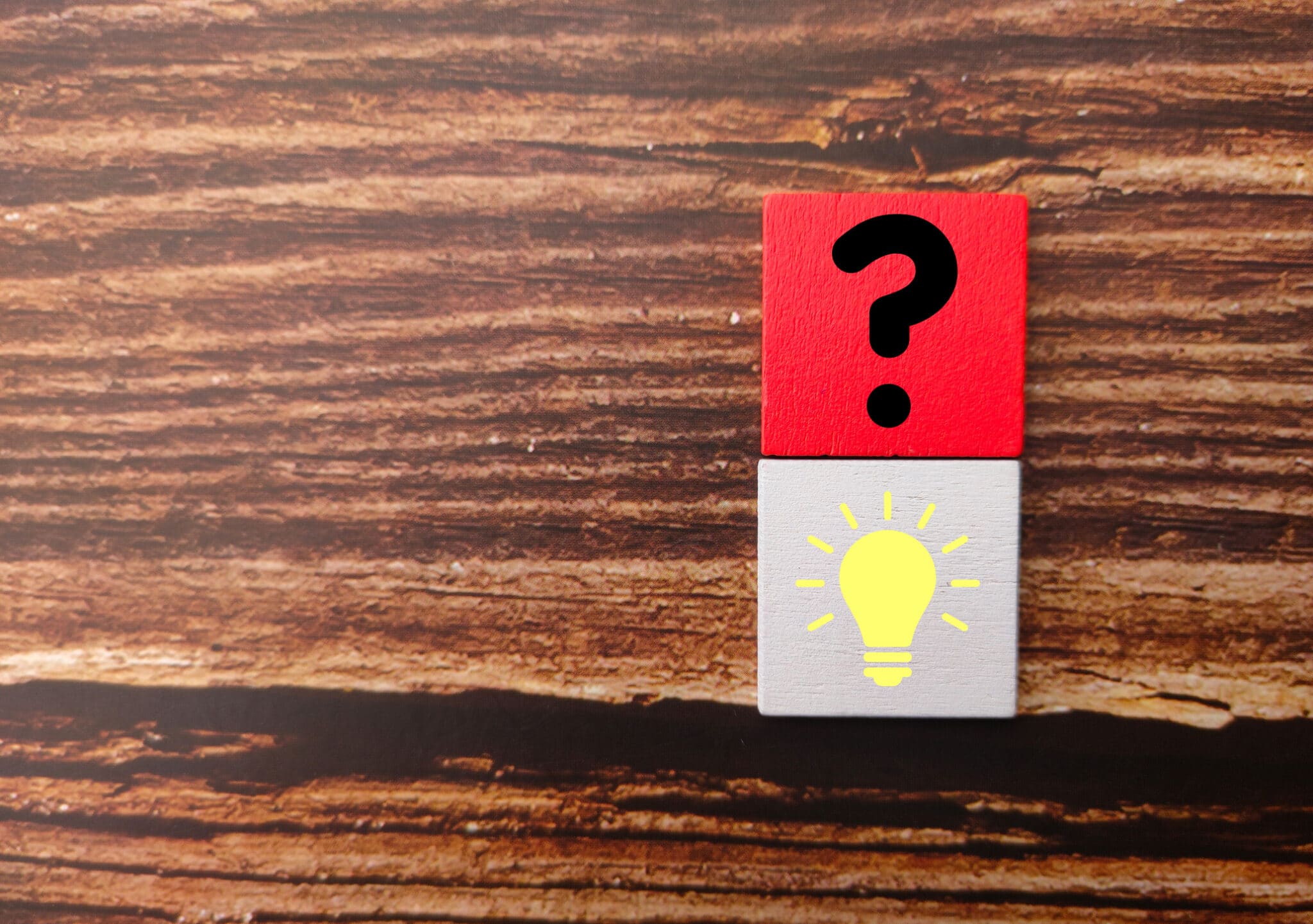
FAQs About Power Outages
Why do power outages happen so often in winter?
Power outages occur frequently in winter because snow, ice, and strong winds can knock down power lines and disrupt the electrical grid. Storms make it harder for repair crews to restore electricity quickly, which can cause extended power outages.
How long does food last in the fridge during a power outage?
During a power outage, food in a closed refrigerator can stay cold for about four hours, while a full freezer can keep food frozen for up to 48 hours. Every time the fridge door opens, cold air escapes, making food spoil faster and harder to preserve during power outages.
Can I use my gas stove to heat my house during a power outage?
Using a gas stove for heat during power outages is dangerous because it can release carbon monoxide, which is harmful in enclosed spaces. During long power outages, it’s safer to layer clothing, use extra blankets, and rely on portable heaters rated for indoor use.
How can I tell if a power outage damaged my appliances?
If appliances don’t work after a power outage or show unusual behavior, they may have been affected by a power surge. Power surges during outages can cause permanent damage to electronics if surge protectors are not used. In case of electrical damage after a power outage, calling a professional to inspect your system is the safest choice.
What should I do if my generator stops working during a power outage?
If your generator fails during a power outage, check the fuel level and connections before troubleshooting further. Generators play a vital role in keeping essentials powered, so it’s important to maintain them regularly to avoid issues during power outages.






